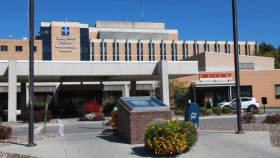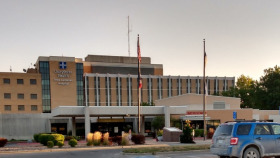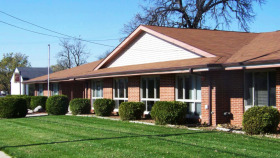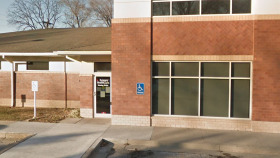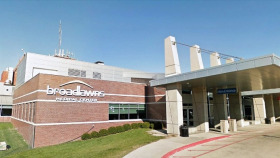About Bridges of Iowa Des Moines
Bridges of Iowa Des Moines, located in Des Moines, Iowa, is an alcohol and drug rehab center that offers residential treatment and outpatient treatment services. They provide health and wellness classes, 12-Step programming, Celebrate Life programming, SMART recovery, community service projects, resume-building classes, and interview skills training.



